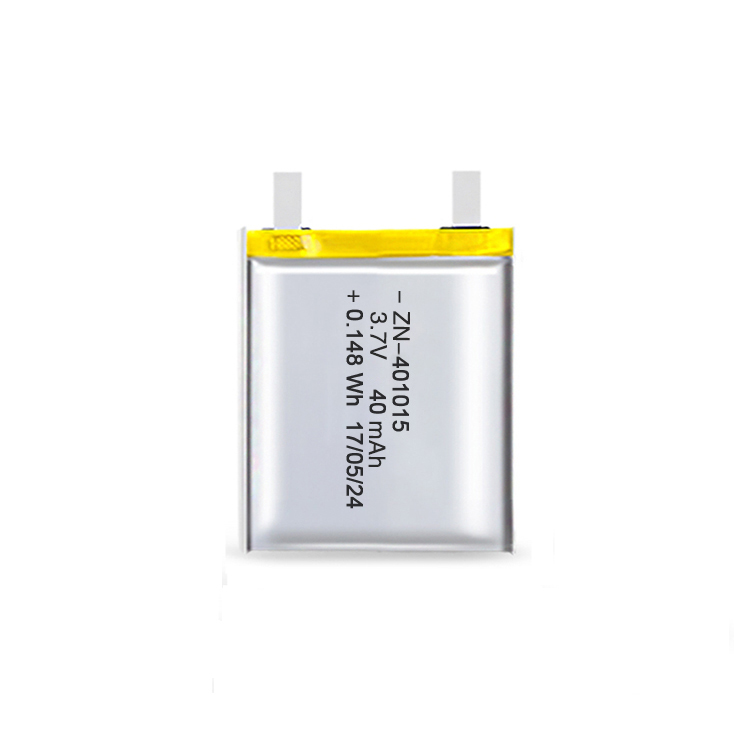Why does the capacity of lithium batteries become lower in winter, finally someone can explain!
During winter, lithium-ion batteries tend to experience a decrease in capacity due to a few factors:
-
Temperature: Cold temperatures can significantly affect the performance of lithium-ion batteries. When the temperature drops, the chemical reactions within the battery slow down, reducing the overall capacity. This is because the ions in the battery move more sluggishly in colder conditions, leading to a decrease in the battery’s ability to generate and store electrical energy.
-
Internal resistance: Cold temperatures also increase the internal resistance of the battery, which is the opposition to the flow of electrical current within the battery. The increased resistance results in a higher voltage drop during discharge and reduces the amount of usable energy that the battery can deliver.
-
Self-discharge: In colder temperatures, lithium-ion batteries tend to have a higher rate of self-discharge, meaning they lose charge even when not in use. The cold temperature accelerates the chemical reactions that cause self-discharge, leading to a decrease in battery capacity over time.
It is worth noting that the capacity reduction in lithium-ion batteries during winter is generally a temporary effect. As the battery warms up, it regains some of its lost capacity. However, it is still beneficial to take precautions such as keeping devices and batteries at a moderate temperature to maintain optimal performance during the winter season.




